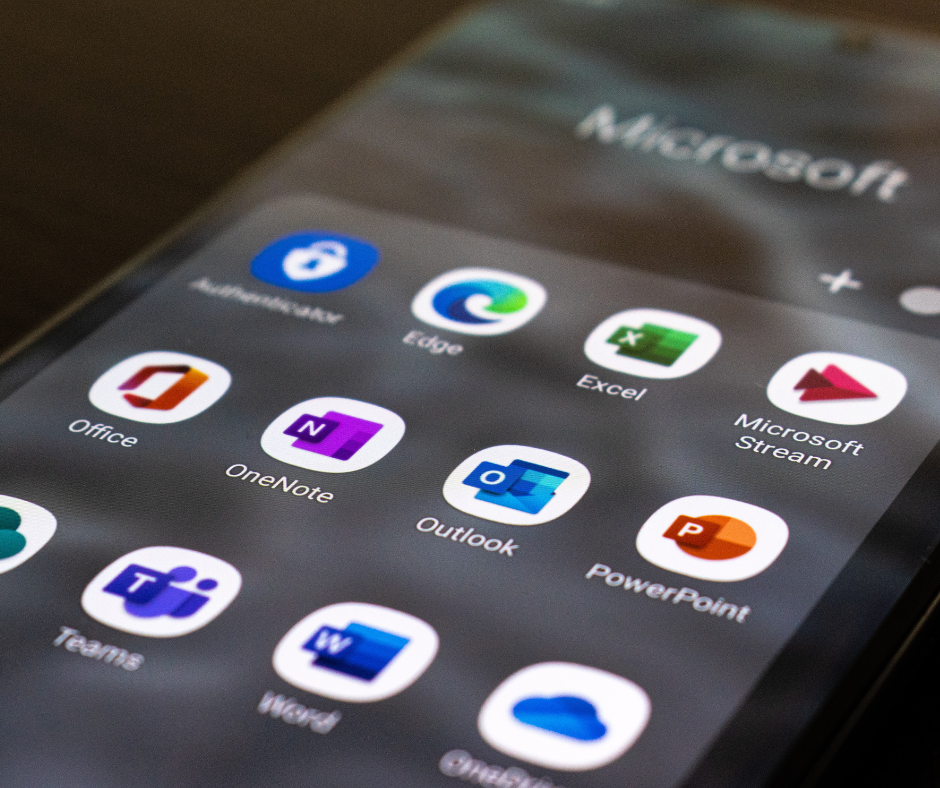 This year's snowmageddon wasn't nearly as bad as ones we have seen in the past - but it was still plenty disruptive to schedules (especially if you have kids). Unfortunately, as an IT support company, we can't stop just because the ice and snow come to town. The same can be said of our almost all of our customers, as well!
This year's snowmageddon wasn't nearly as bad as ones we have seen in the past - but it was still plenty disruptive to schedules (especially if you have kids). Unfortunately, as an IT support company, we can't stop just because the ice and snow come to town. The same can be said of our almost all of our customers, as well!Luckily, we were able to stay productive and in constant communication, even though our physical office wasn't technically open. Here's how:
Our email is on Exchange Online in Office 365.
As you may know, we are big fans of Office 365. A few years back our email would have been hosted on an internal server and we would have prayed that the power at the office didn't go out; otherwise, our email would go down. Now we experience 99% uptime (or more) with Exchange Online in Office 365.
We publish key apps to the web.
This is one of those features that most people don't realize is even available. Using a feature in Windows Server, we have 'published' a few key applications to the web, making them fully accessible from any device. As a business owner, this is especially helpful for line of business applications. I was able to run a full copy of QuickBooks on an iPad while at home with my kids.
All of our critical on-premises systems are replicated to the Cloud.
We only have one system left running on our on-premises server (and it happens to be the one that controls all of our tickets, proactive and reactive). In the off chance that the power did go out at the office, we could have started an exact replica of this key server in the Cloud so we could continue working normally.
Our phone system is Skype for Business.
If you called the office on the Friday of the ice storm, it actually rang to our dispatcher's PC at her house. If an engineer called you, they actually used their PC (or their tablet/cell). Skype for Business (formerly called Lync) allows us to take our phone system with us wherever we go (regardless of the device).
This has probably been the #1 game changer for us as a business. Most of our customers communicate with us by phone, so having our phone systems work without interruption even when we're working from home is critical.
Skype for Business shows 'real time availability' and faster collaboration with instant messaging.
We use Skype for Business as part of an Office 365 subscription, so it integrates with other systems, like our calendars. Since we also use it as our phone, Skype for Business will keep track of our availability and update our instant messaging status accordingly.
While I am not always a huge fan of IM while in the office (I prefer face to face communication), being able to see which of my team were available to answer a question at a glance is very valuable. Being able to pop them a quick IM gets me a response faster than email (and keeps both of our inboxes just a little bit cleaner - which is always nice).
All of this technology is great - but ultimately, we had a plan. We knew that bad weather was coming and we prepared our staff to work remotely. As an organization, we're going to put a renewed focus on making sure our customers are aware of these options in their business. Too often we wait until the moment is upon us to prepare and, by then, it's too late!




